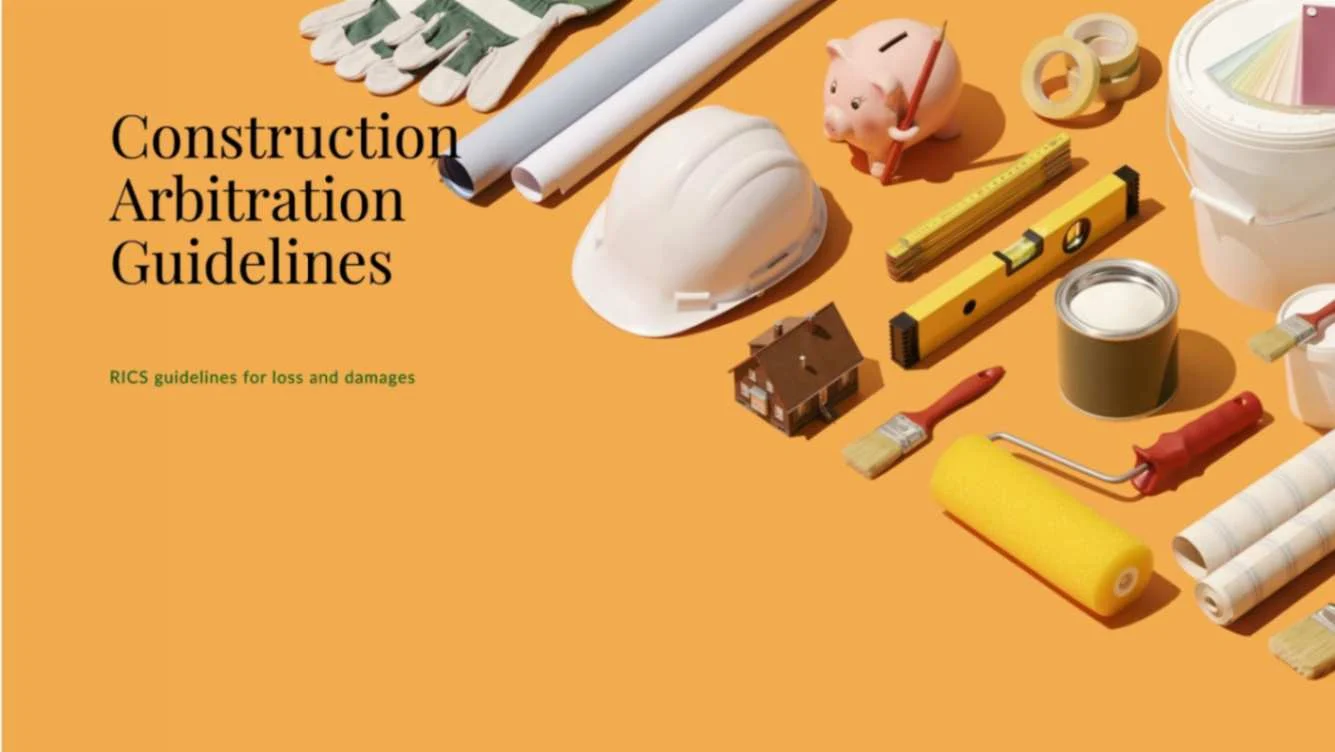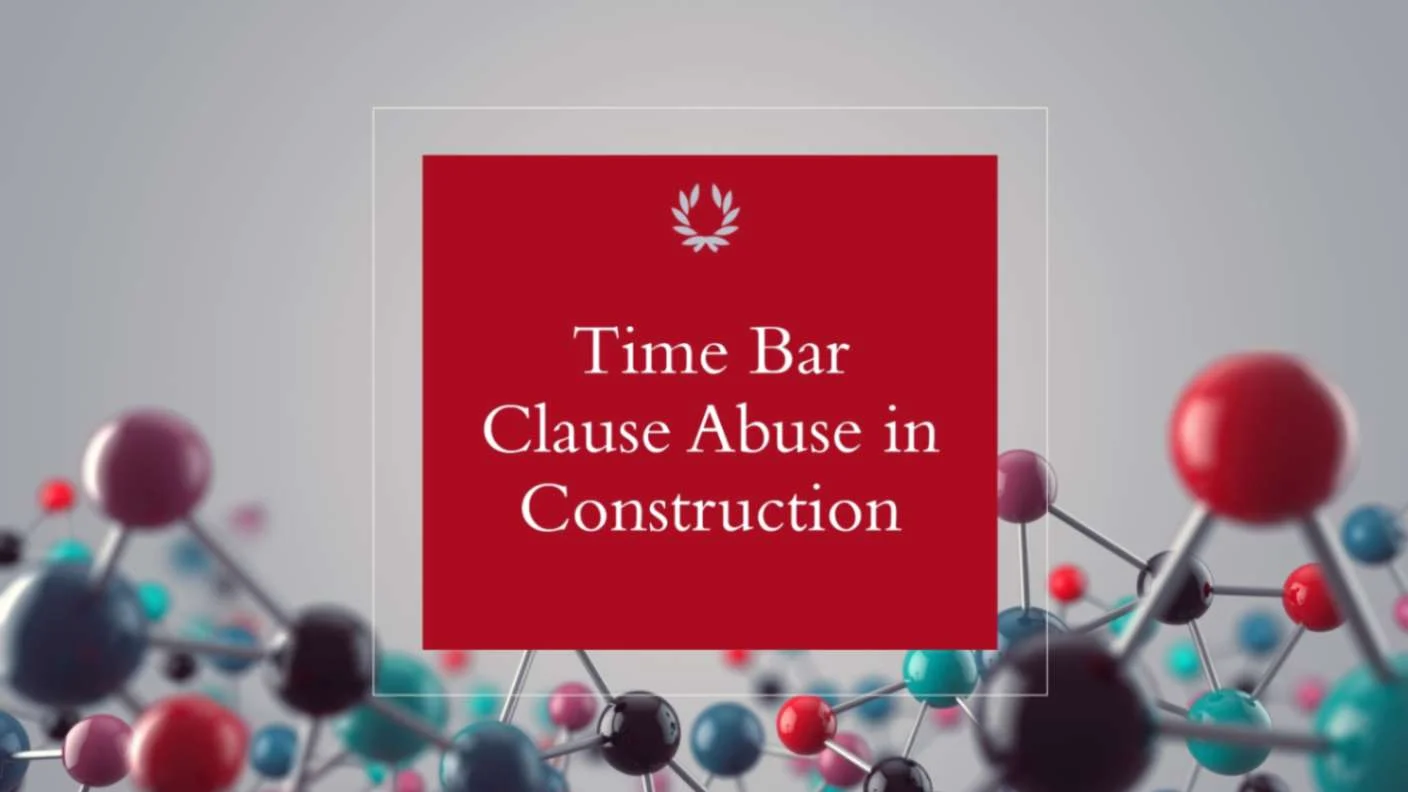Navigate Complex Construction and Commercial Disputes with Ease!
Choose ADROIT as your Expert Advisor!
REGISTERED OFFICE
ADROIT CLAIMS AND ADR CONSULTANTS
A-202 Oak Canopy, Trichy Road,
Coimbatore - 641 005,
Tamil Nadu, India.
- GST No. : 33AWHPA8592L3Z4
Ram Subramanian
SULTANATE OF OMAN
ADROIT CLAIMS AND ADR CONSULTANTS
Post Box 228, Postal Code 211,
Muscat - Oman.
Mani Kandan
© Adroit Claims & ADR Consultants 2025. All Rights Reserved. | Powered by Zeboto.
0
1
1
5
5
9









